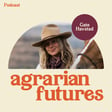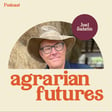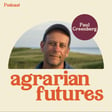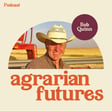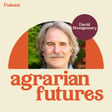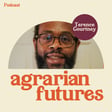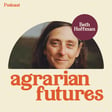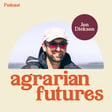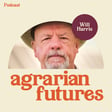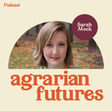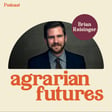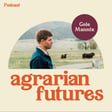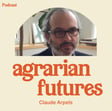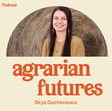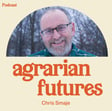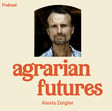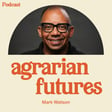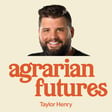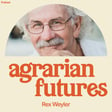
Life on the Range with Tyler Lu
What does it take to leave the city behind and embrace the life as a cowboy? In this episode, we trace Tyler’s unique path from competitive running, to beekeeping and vegetable farming, to life as a regenerative cattle rancher. Tyler shares the transformative experience of building a relationship with the land, the day-to-day realities of cowboy life, and the complex dynamics of being a non-binary person of color in a traditionally conservative rural setting. We also dive into the myths surrounding the cowboy legend, exploring the true, multicultural history behind the iconic figure.
Tyler’s journey is one of both personal and professional evolution. As we discuss the social challenges of transitioning from an urban environment to a rural community, Tyler opens up about their experiences of belonging, identity, and ambition. This episode invites you to reimagine the past, present, and future of the cowboy.
In this episode, we cover:
- Tyler’s winding journey from beekeeping, to vegetable farming, to ranching in rural Montana
- The day to day lifestyle of a regenerative rancher
- How Tyler’s relationship to the land has evolved over their time as a cowboy
- Navigating the social dynamics as a city dweller moving to a rural community, and the added complexities of being a non-binary person of color in the rural West.
- The real history of the cowboy and how our popular culture mythos doesn’t capture the complex and multicultural history behind it.
- And much more...
More about Tyler:
Tyler is a long haired, tattooist and body modification enthusiast, Asian, non-binary agricultural labour who is working up to starting their own enterprise, dreams, and place in life. They grew up in the city life of Georgia and spent most of their formative years in San Jose California where they found their love for a career in the agricultural sphere. Tyler and their dog Sage the border collie are currently residing and working in Roundup Montana.
Agrarian Futures is produced by Alexandre Miller of You Should Have a Podcast, who also wrote our theme song.
